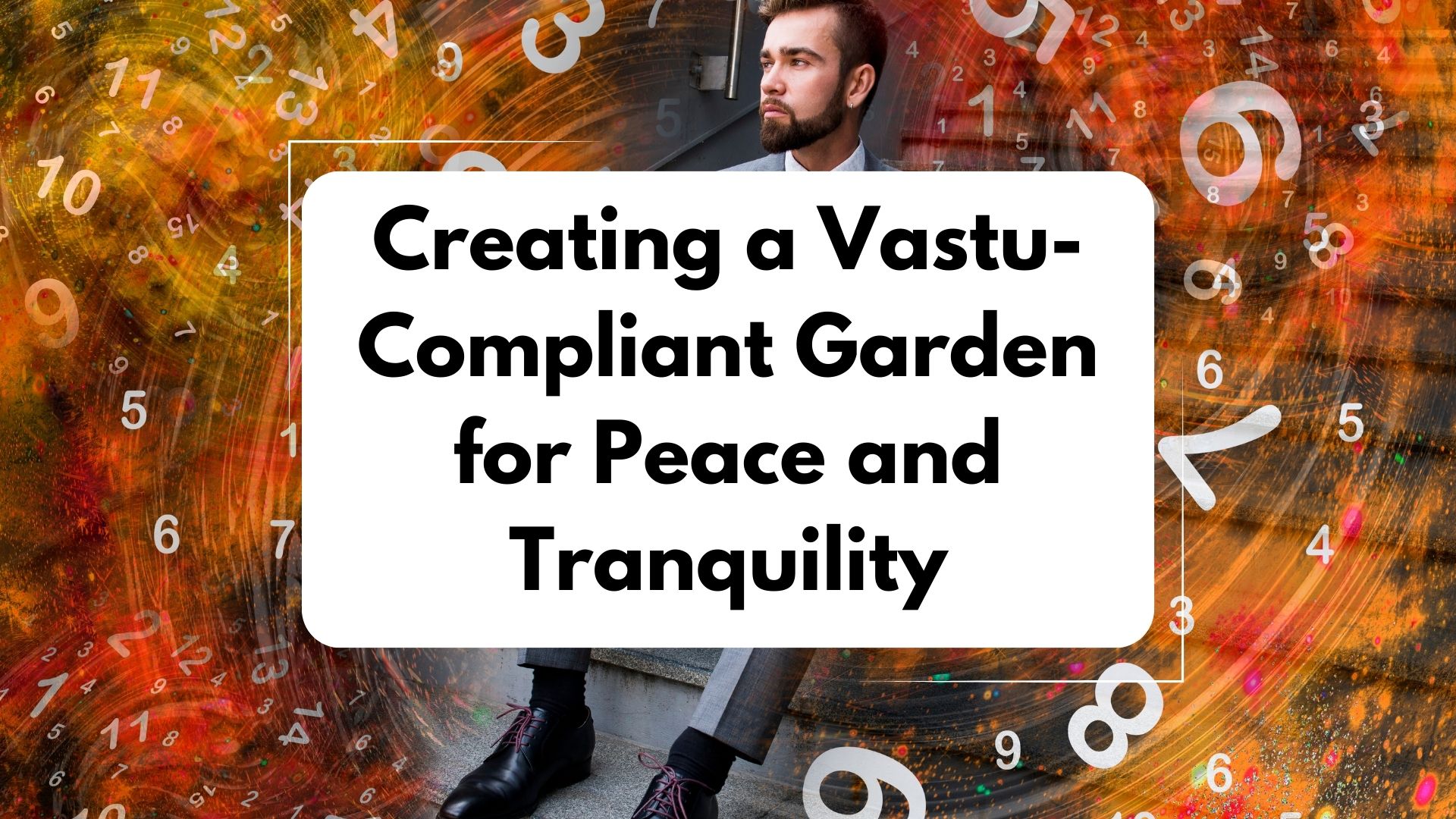Introduction:
A garden is not just a space for growing plants; it’s a sanctuary for the soul, a place where we can reconnect with nature and find peace and tranquility amidst the chaos of daily life. In the ancient Indian tradition of Vastu Shastra, the science of architecture and design, gardens hold a special significance as they are believed to influence the flow of positive energy, or prana, within a space. In this blog post, we’ll explore how you can create a Vastu-compliant garden that promotes peace, harmony, and tranquility in your home.
Choosing the Right Location:
In Vastu Shastra, the location of a garden within your property is crucial for ensuring the flow of positive energy. Ideally, the garden should be located in the north, east, or northeast direction of your home, as these directions are associated with positive energy flow and abundance. Avoid locating the garden in the south or southwest direction, as these areas are believed to have negative energy that can disrupt the harmony of the space.
Creating Balance and Symmetry:
Balance and symmetry are key principles of Vastu design, and they should be reflected in the layout and design of your garden. Aim for a symmetrical design with clearly defined pathways, borders, and planting beds. Use elements such as fountains, statues, or garden ornaments to create focal points and balance the energy flow within the space. Avoid clutter and overcrowding, as this can disrupt the flow of positive energy and create imbalance in the garden.
Incorporating the Five Elements:
According to Vastu Shastra, the five elements – earth, water, fire, air, and space – play a significant role in creating harmony and balance in a space. Incorporate these elements into your garden design to promote peace and tranquility. Earth elements can be represented by plants and trees, water elements by fountains or ponds, fire elements by decorative lights or candles, air elements by wind chimes or open spaces, and space elements by creating areas for meditation or reflection.
Choosing Auspicious Plants:
In Vastu Shastra, certain plants are believed to attract positive energy and promote well-being, while others may have negative effects on the energy of the space. Choose auspicious plants such as tulsi, jasmine, money plant, or bamboo, which are believed to bring positive energy and prosperity into the garden. Avoid thorny or spiky plants, as they are believed to have negative energy that can disrupt the harmony of the space.
Creating a Sacred Space:
Incorporate a dedicated area for meditation, prayer, or reflection within your garden to create a sacred space for connecting with the divine. This can be a simple seating area surrounded by plants, a small altar or shrine, or a labyrinth for walking meditation. Decorate this space with symbols or objects that have personal significance to you and create a tranquil atmosphere where you can find peace and serenity amidst the beauty of nature.
Conclusion:
A Vastu-compliant garden is not only a beautiful outdoor space but also a sanctuary for the soul, where you can find peace, harmony, and tranquility amidst the chaos of daily life. By following the principles of Vastu Shastra and incorporating elements of balance, symmetry, and the five elements into your garden design, you can create a sacred space that promotes positive energy and well-being. If you’re ready to transform your outdoor space into a haven of peace and tranquility, contact Sharda Priyaa for personalized Vastu consultations and guidance. Embrace the wisdom of Vastu Shastra and create a garden that nourishes your body, mind, and soul.

